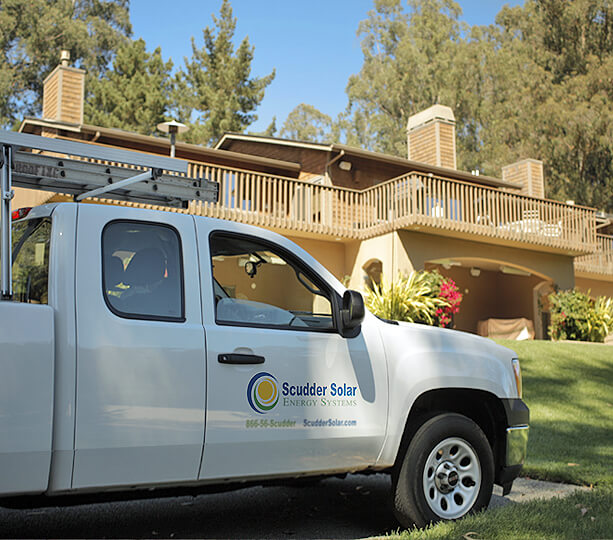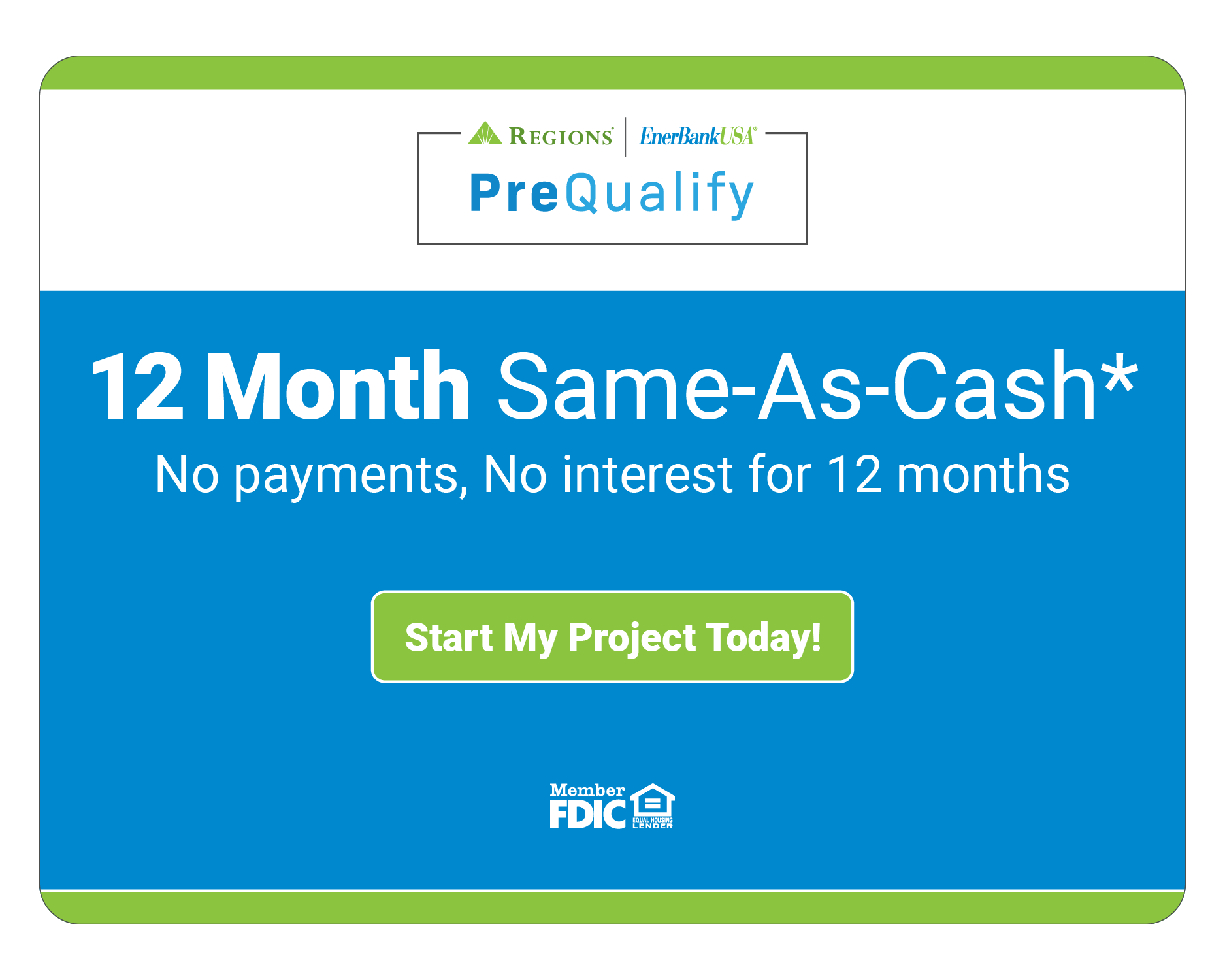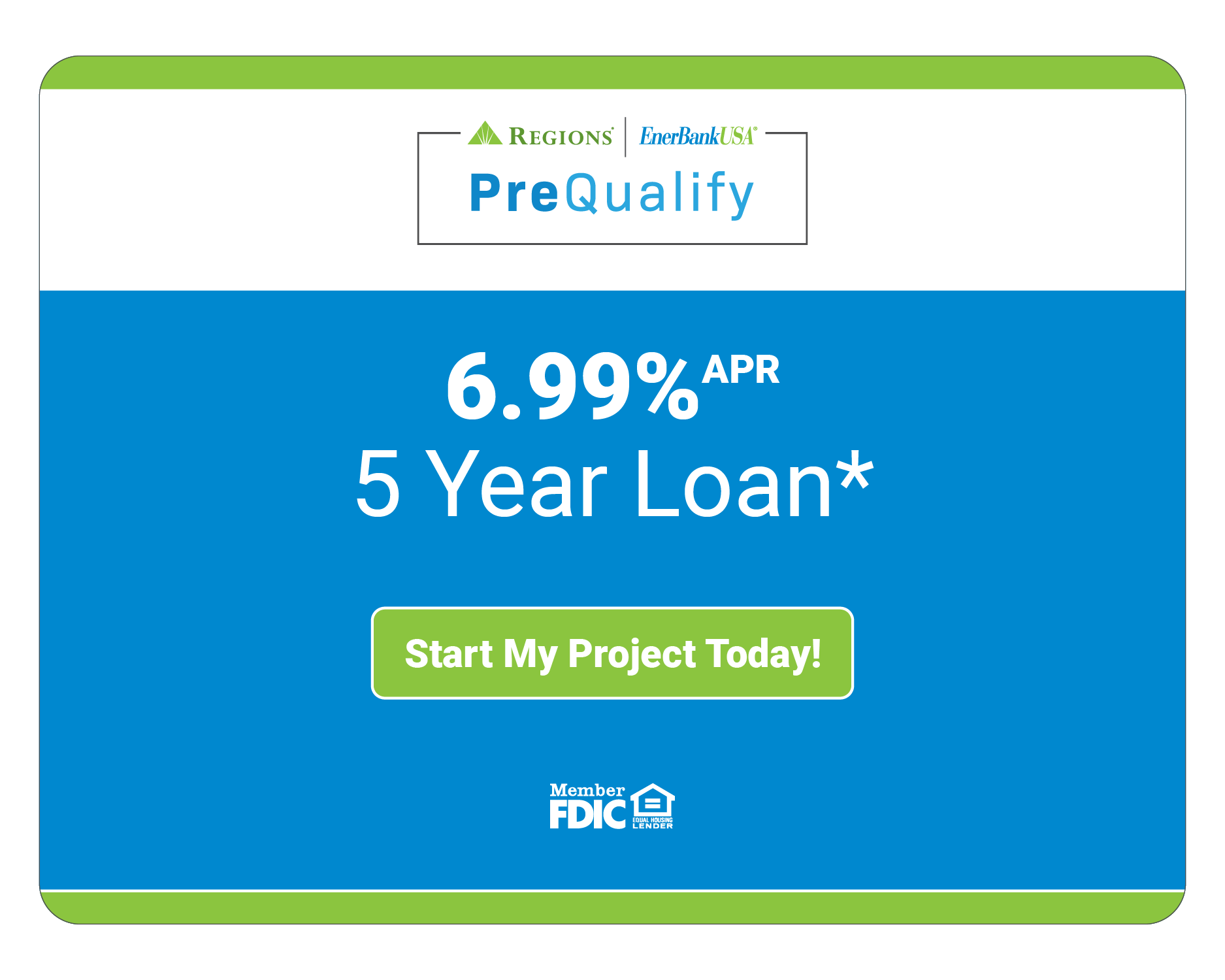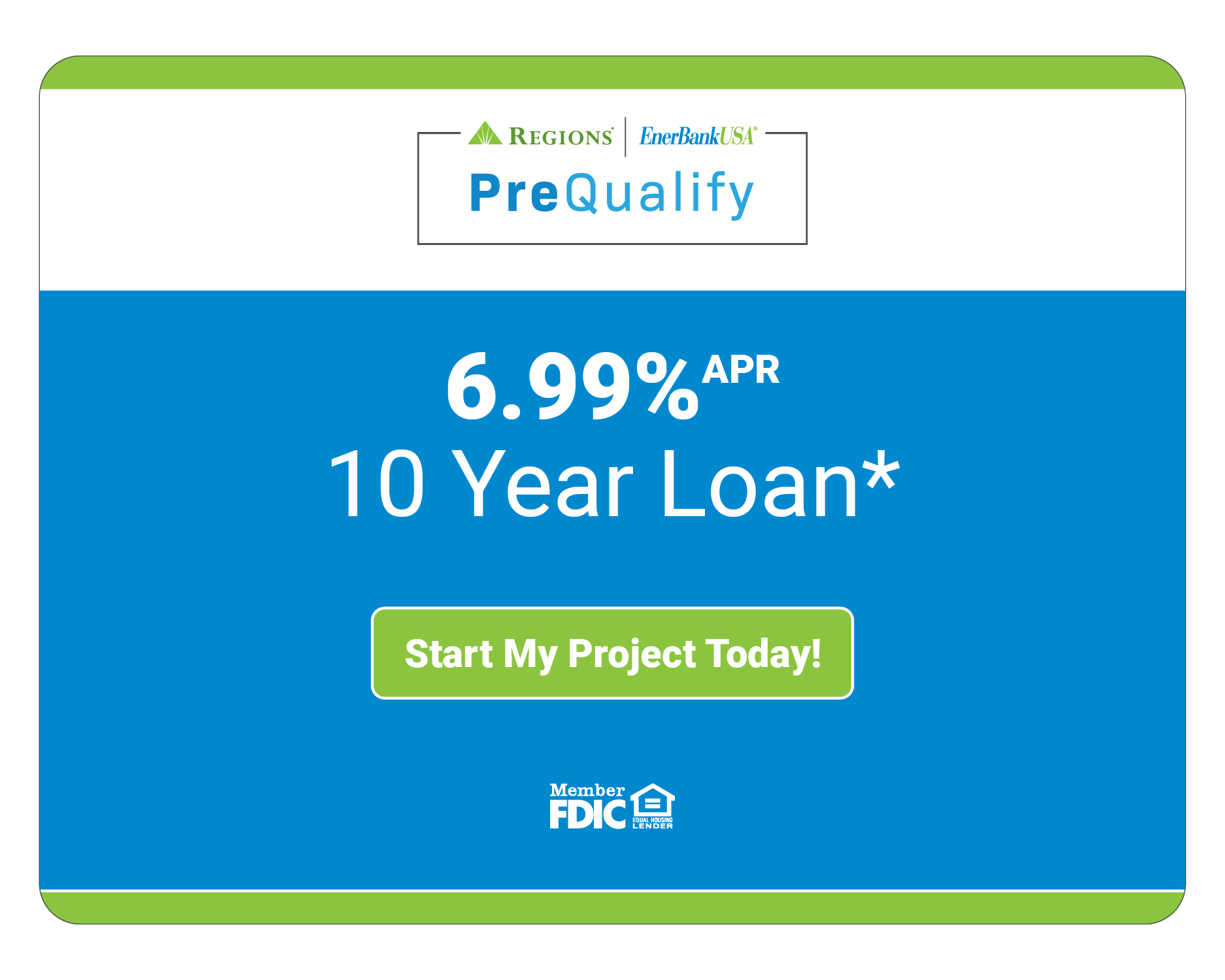Why Scudder Solar?
Our Scudder Solar technicians are held to the highest standards in the industry. Each member puts every bit of their extensive experience and expertise into designing and installing your solar photovoltaic system. Scudder Solar leaves no stone unturned to bring you the smoothest and easiest switch to solar power, from an in-depth analysis of your home and energy consumption to shading studies and electrical blueprints.
